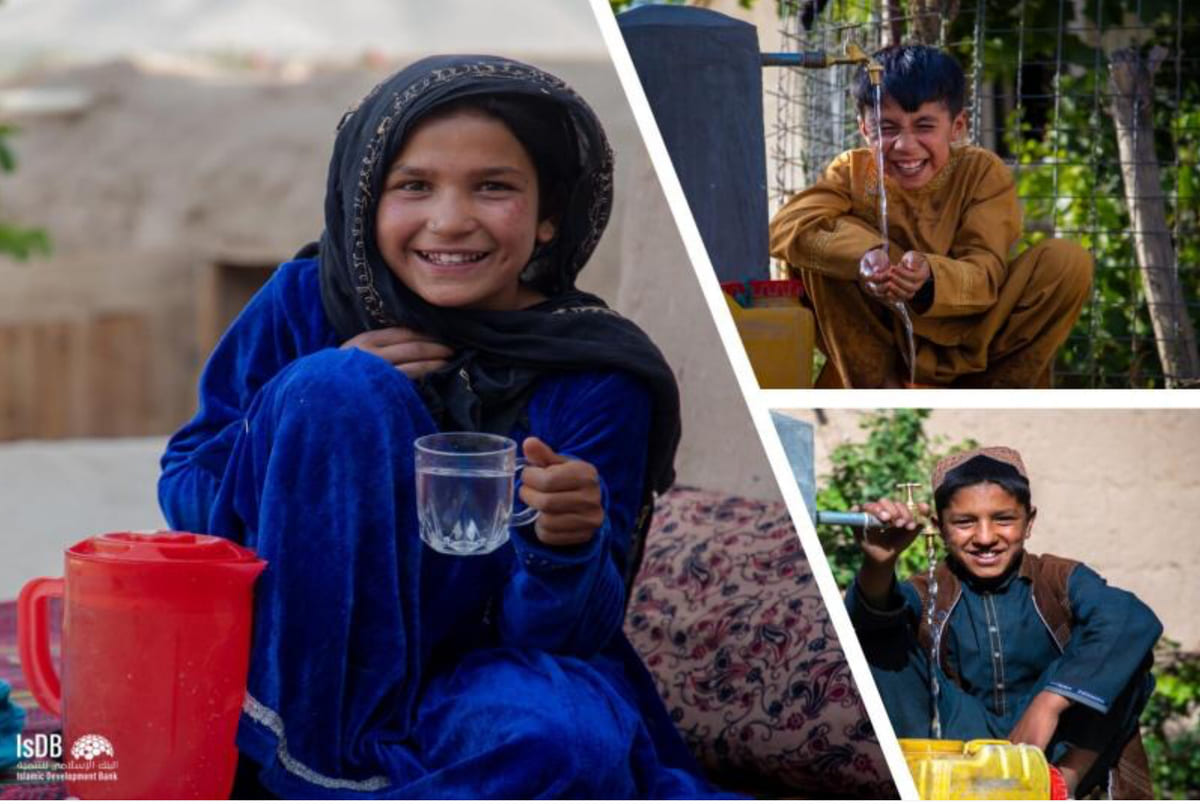UNICEF and the Afghanistan Humanitarian Trust Fund (AHTF), mandated by the Islamic Development Bank (IsDB), have announced the completion of a $2mn project titled "Climate-Resilient and Sustainable Water Supply Services in Remote Rural Communities" in Afghanistan.

Funded by the King Salman Humanitarian Aid and Relief Center (KSRelief) and implemented in partnership with AHTF and UNICEF, the project provided 32,000 people in 18 remote communities in Paktia and Logar provinces with water supply systems.
Water, sanitation, and hygiene (WASH) services are essential for children and families. Safe water and sanitation facilities, along with good hygiene practices like handwashing with soap, are crucial to preventing communicable diseases. However, access to safe water in Afghanistan remains limited.
According to UNICEF’s 2022-23 Multiple Indicator Cluster Survey (MICS), around 27% of the Afghan population does not have access to safe drinking water. Nearly 44% lack basic sanitation services, and only 24% of households have all three: basic drinking water, sanitation, and hygiene services.
The construction of these 18 new water supply systems was led by Community Development Councils and will be handed over to the communities for ongoing operation and maintenance. UNICEF-supported community mobilizers also worked with these communities to orient them on key aspects of the water supply projects and to develop a shared understanding of risks that may affect the sustainability of water supply systems. The communities have activated water user committees (WUCs) responsible for the operation and maintenance of the water supply systems.
Mechanics have been trained and equipped with tools to maintain and repair the water systems in all 18 communities. UNICEF has supported community mobilizers, the WUCs, and mechanics to develop operation and maintenance plans and set tariffs for household water consumption.
AHTF's support to communities in Afghanistan continues, with additional water supply systems under construction for 64,000 people in 32 remote communities in northern Faryab, southern Helmand, and western Farah provinces.
Follow Daryo's official Instagram and Twitter pages to keep current on world news.
Comments (0)